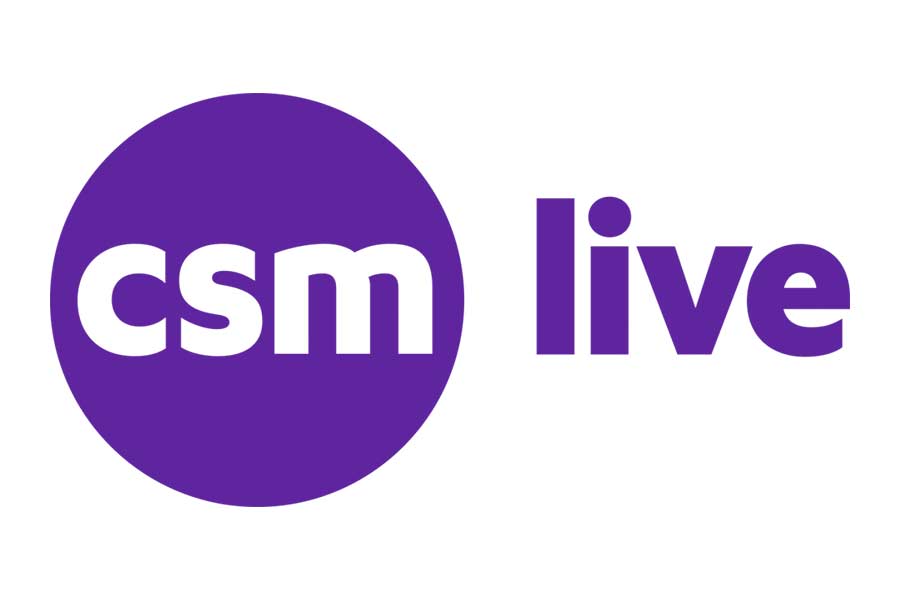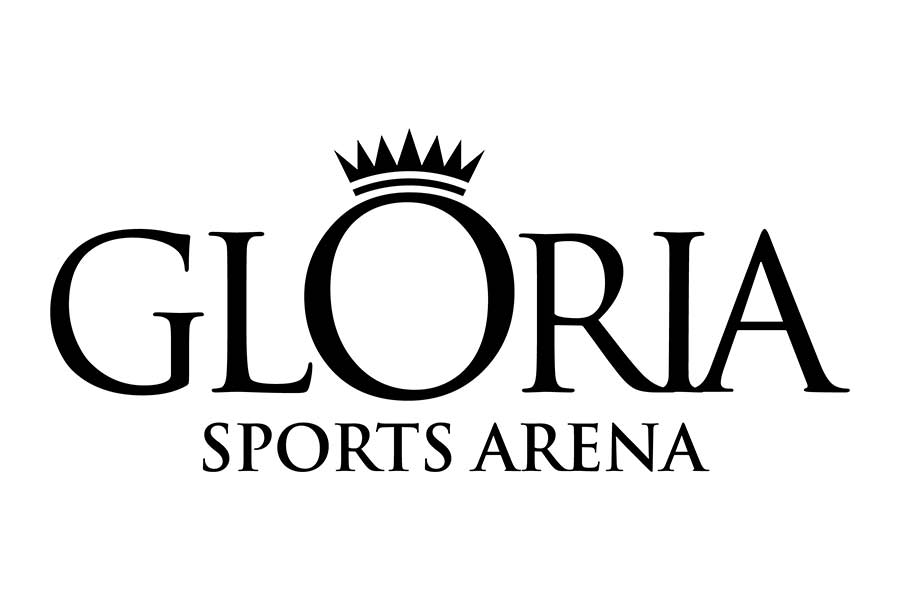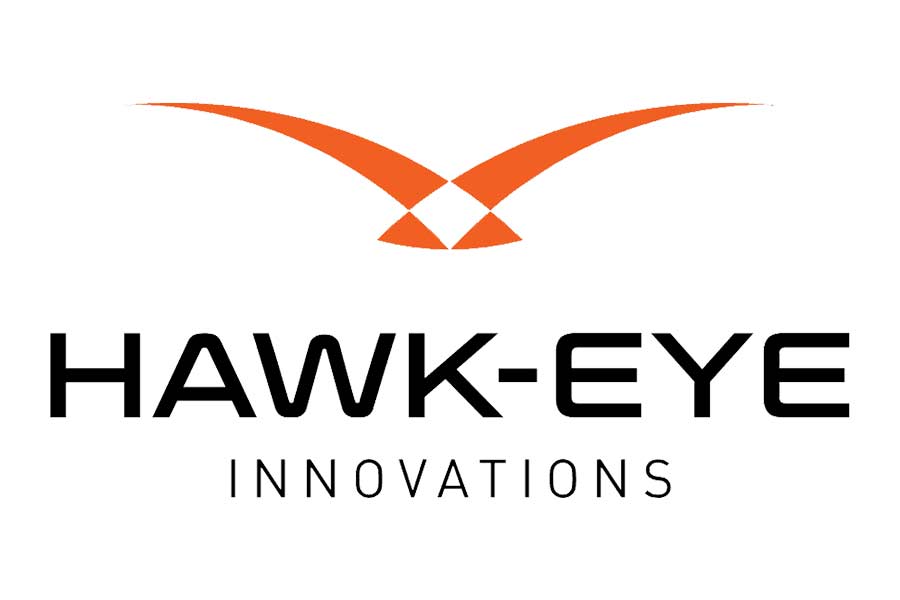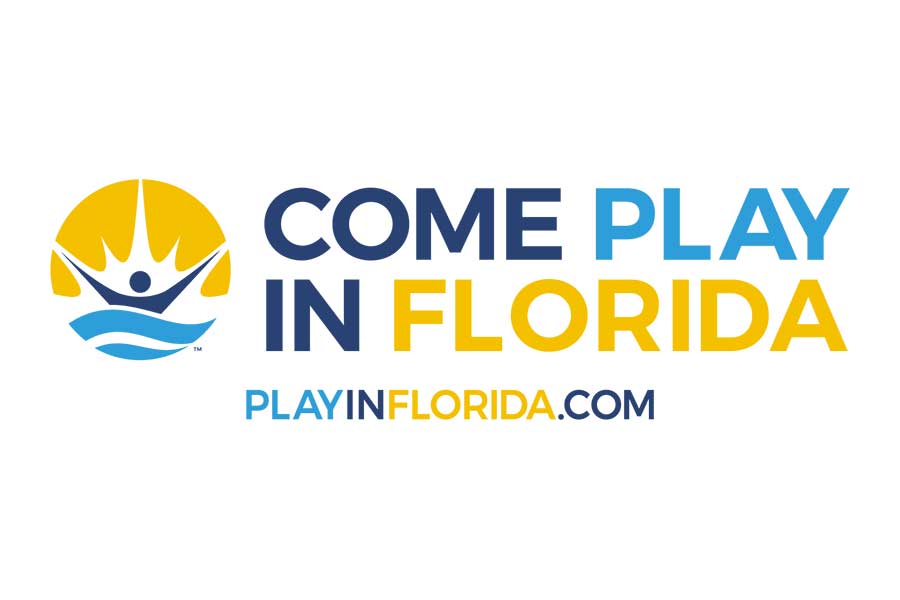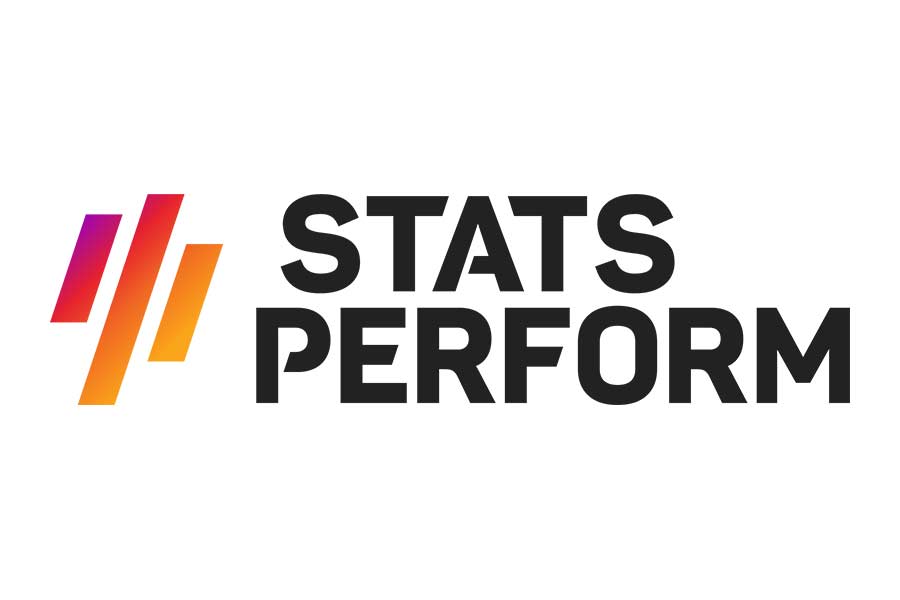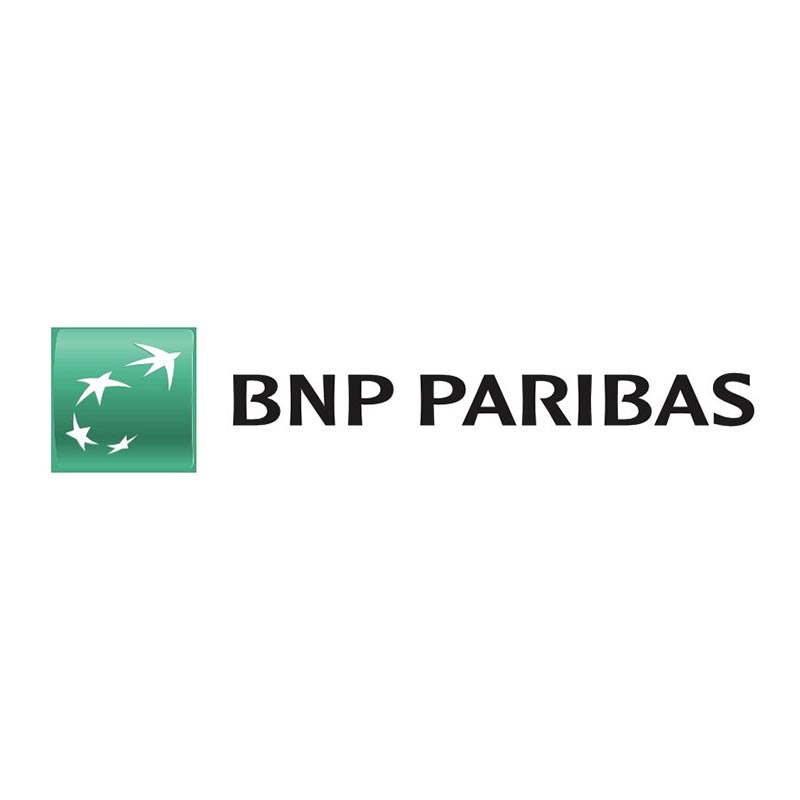Question: Where are you from?
Answer: Cambridge
Whether travelling or working in the USA, Middle East, Africa and Asia this is a question one is commonly asked, followed by which football team you support.
With Cambridge one associates the city with the University, education and if they have visited the UK, Cambridge or Oxford has been ticked off after London. The brand recognition of CAMBRIDGE as a city is extremely high and this is our major differentiation in developing a comprehensive brand and business strategy of which the club/crest plays an important part. The global city brand recognition of Luton, Norwich, Ipswich, Southend and of course Peterborough is not there. That is the starting point of understanding the real potential with Cambridge.
Whether one likes the proposed crest/club badge or not (as is the clear majority), what it does show is intent. Intent is a good starting point, but it means little or nothing commercially without a comprehensive communication, content strategy to propel the club to a much higher level. Therefore, the crest/club badge in sports marketing is one part of a wider business and brand strategy.
Ideally, the brand strategy outlines the key elements that makes the brand unique, with a clear mission and goals and how one will deliver on them. A strong brand strategy is meticulously crafted, considering all aspects of the market, niche, service offerings, fans and competitors. To be clear a club/crest is not a brand.
For me the “crest/club badge” has been communicated in a “silo” rather than part of a comprehensive brand strategy. However, this is a chicken and egg situation and if there is a detailed brand and business strategy behind the club/crest change then it will work. So, the crest/club badge is the starting point of a new journey.
What the proposed club crest/badge does signify is a unique global position of our city being the birthplace of Association Football (the rules). That is an essential component and differentiation with the other 91 professional clubs, and for that matter the rest of the world. You cannot buy history and heritage. It is the “global’’ opportunity of Cambridge’s position which is the thread to this article.
The book symbol (whilst not done well on the proposed badge) is synonymous with Cambridge’s global reputation in education and the university. The book can also symbolise the rules of Association Football. These are the two core parts which need to be in the club crest.
In England – Cambridge and Oxford recognition as a city, I would argue is Top 5. London by far number 1 with Manchester and Liverpool there too. The recognition is all to do with the University status and in the last twenty years Cambridge being a global technology and research hub named “silicon fen”, where the biggest companies on earth and brightest minds are in the city of Cambridge. How can, Cambridge United piggyback on the city’s brand reputation and create complimentary commercial assets and new revenues to help the football club.
- Sports Education a natural fit
In the last two decades “sports education” has gone through considerable growth. It is now seen as a professional career off the field. 20 years ago, only the University of Liverpool and Birkbeck College, University of London offered football/sports education courses. Fast forward 2023, over 40 universities in the UK are offering sport business/management/business of football courses.
UCFB – a private sports education business founded by Brendan Flood, former Burnley FC Chairman, which combines academia and industry networks has over the last few years had 2000 students doing their courses per year, turnover from this operation is over 20 million GBP. There are full time campuses at Etihad Stadium and Wembley Stadium. If Cambridge United were looking for a differentiation “sports education” would be a natural fit. Developing a new asset and commercial income based on the city’s brand. Commercial income which would help on field operations and recruitment in a sustainable way.
The other important characteristic is technology and innovation. Sports Technology is transforming the performance and business of football/sport especially by data and analytics. “Moneyball” – the art of winning an unfair game by Michael Lewis propelled data/analytics to sport fans and was further accelerated by the 2011 film featuring Brad Pitt. The book is an account of the Oakland Athletics baseball team’s 2002 season and their general manager Billy Beane’s attempt to assemble a competitive team. Faced with the franchise’s limited budget for players, built a team of undervalued talent by taking a sophisticated sabermetric approach to scouting and analysing players. Considering the ecosystem of Cambridge – a scientific approach to recruitment is on tap for Cambridge United. This is all part of creating value and at the heart of brand strategy is story telling to fans and new audiences. Brighton and Brentford are two examples where a methodical and data led approach has seen success being sustained over several years.
The Brand opportunity with Cambridge United is education, technology and its history within Association Football. Engaging fans and a wider audience through storytelling to establish and reinforce the emotional connection and differentiate the club brand and establishing this narrative is a powerful fan engagement element. It’s what Wrexham did – they told a story to its fans and wider audience, and they continue to do so and grow off the field.
Education, Technology combined with the right content plan can capture the brand values of global companies, who in the future can be sponsors and partners of the club. It’s all about building new business assets which are complimentary to the city and club.
Best practice – Case studies
Apple – Brand
Apples’s brand positioning is based on there key elements: innovation, design and customer experience.
Nike – Mission statement
The Nike mission statement, ‘to bring inspiration and innovation to every athlete in the world’, is a powerful and meaningful summary of what the company stands for. It points to Nike’s deep commitment to providing the best possible sports product and services while inspiring athletes around the globe.
Nespresso, A Swiss brand
Know-how, knowledge, innovation, reliability all the conditions are in place to produce the highest quality coffees. Nespresso’s history has been closely linked to Switzerland. From roasting to packaging, all coffee capsules they sell worldwide are produced in Switzerland.
The same is true of Nespresso R&D, all activities are carried out by Swiss experts.
FC St. Pauli, Germany
St. Pauli, who are based in the German city of Hamburg, are famous for their left-wing political leanings. Their badge, a skull and cross bones, appeared under the heading off “left wing signs and symbols” and “stand up to racism”, “unite against fascism”. Its drawn a significant local, national and international following.
These are four organisation’s with a clear identity.
So back to the U’s – Cambridge United, alongside a new crest/club badge, Cambridge United need a clear mission, vision, global outlook, articulated brand positioning, identity. They also need a sophisticated and innovative approach to developing revenue streams based on the associated brand.
Final thoughts
The last two years has been remarkable, we own our stadium, the club is developing a sustainable business, this of which takes time. They are leading the way in the many recommendations of the fan led review that was chaired by Tracey Crouch. Cambridge United have a home-grown manager. There is so much to be thankful for and much thanks is owed by everyone to majority owner Paul Barry custodianship.
Football is of course about dreams and ambitions and Cambridge United were two matches away from being a founding member of the PL in 1992. I was there when Leicester City ended that dream.
Cambridge global status for education, technology and the birthplace of Association Football needs to be developed, nurtured and in the long run commercialised.
Sports Marketing is a dynamic and competitive field that requires creativity, strategy and passion. Knowing how to use storytelling and content to connect with fans, grow the audience and entice global commercial partners is both art and science.
Cambridge Fans United (CFU), Cambridge United Supporters Panel (CUSP) and Cambridge Aces also have an opportunity to promote their groups, so more fans can have their say and be engaged closer to their club. The club crest/badge debate is a clear opportunity to bring supporters and the club together. An open debate on the club crest/badge is also a healthy dynamic going forward and the club and all fans should see that as a positive.
As always United in Endeavour










